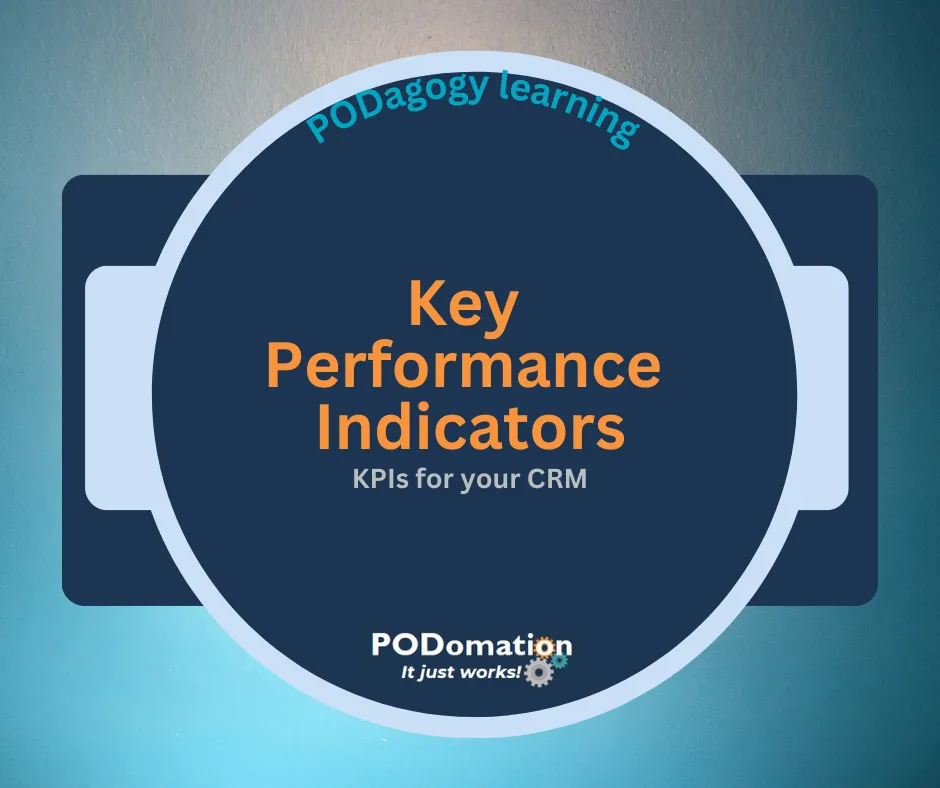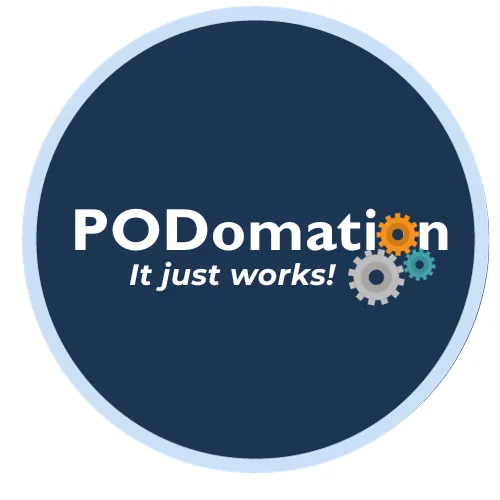See Our Latest Blogs
All about CRM, Automations, Workflows

KPIs for your CRM
“You will know them by their fruits .” - Matthew 7:15
KEY PERFORMANCE INDICATORS (KPI)
Every business needs one, your CRM can improve it.
A KPI is a measurable value that tracks and assesses the effectiveness of a business process or activity. Some key things to know about KPIs:
KPIs evaluate the performance of critical business operations, departments, campaigns, and more. Examples include sales, marketing, customer service, HR, finance.
They enable businesses to set data-driven targets and benchmarks for improvement. Quantitative metrics make it easier to measure progress.
Common KPI examples include: revenue, lead conversion rates, customer satisfaction scores, project delivery times, sales quotas achieved.
KPIs should link directly to overall business objectives and priorities. They focus effort on what matters most.
Effective KPIs are specific, trackable over time, easy to calculate, and actionable. They should spur action when monitored.
Dashboards and data visualizations are often used to display KPIs for frequent tracking and insights.
By regularly monitoring KPIs, businesses can identify issues, evaluate progress, and guide optimal decision making.
COMMON KPIs for your CRM
Here are some common KPIs (key performance indicators) that businesses can track in an electronic CRM to measure performance and value:
Sales KPIs:
New leads generated
Lead conversion rate
Sales cycle length
Opportunity win rate
Average deal size
Sales activity metrics (calls, emails, demos etc.)
Marketing KPIs:
Campaign subscribers
Campaign open/click rates
Cost per lead
Marketing qualified leads (MQLs)
Sales qualified leads (SQLs)
Customer Service KPIs:
Tickets opened/closed
Customer satisfaction (CSAT) scores
First contact/reply time
Case resolution time
Customer retention rate
Account Management KPIs:
Customer lifetime value
Account renewal/churn rate
Upsell/cross-sell opportunities
Share of wallet
Setting targets and benchmarks for these CRM KPIs and tracking them over time provides quantifiable metrics to measure the business impact of CRM initiatives and focus ongoing improvement efforts. The ability to extract and analyze KPIs is a key driver of value from the CRM platform.
How do you set targets?
Here are some examples of how a company could set targets and benchmarks for key performance indicators in an electronic CRM system:
Sales KPIs:
Generate 250 new leads per month (current is 200)
Improve lead conversion rate from 15% to 20% in 6 months
Reduce average sales cycle from 90 days to 70 days in 1 year
Increase opportunity win rate from 25% to 30% in 6 months
Grow average deal size from $5,000 to $6,000 in 1 year
Marketing KPIs:
Get email campaign open rate above 25% (currently 20%)
Lower cost per lead from $45 to $35 in 6 months
Generate 50 marketing qualified leads per quarter (currently 35)
Service KPIs:
Improve customer satisfaction (CSAT) scores from 70% to 85% in 1 year
Answer 80% of inquiries within first 24 hours (currently 60%)
Resolve 60% of support cases within 48 hours (currently 45%)
Account Management:
Raise customer retention rate from 85% to 90% in 1 year
Increase share of wallet with top 20 accounts by 15%
The key is setting specific, measurable targets and deadlines for improvement across key CRM processes and metrics. Tracking performance regularly helps keep initiatives focused on achieving CRM KPI benchmarks over time.
In summary, KPIs are vital performance metrics that help businesses assess the health and progress of critical operations. Setting the right KPIs and tracking them enables data-informed strategy and continuous improvement.
Hope this helps. Happy Tracking.
Get In Touch
Email: support@podomation.org
Address
Office: 8060 E Gale Rd
Assistance Hours
Monday to Saturday: 9:00am – 7:00pm EST
Sunday and Holidays: CLOSED or By Appt Only
Phone Number:
(844) 982-4763
Strategic Solutions, Real Results
With PODomation, It just works.
© 2025 MyPod Enterprise LLC. All Rights Reserved.
All sales are final. Review Terms - Cancellation Policy

support@podomation.org
(844) 982-4763
8060 E Gale Rd

